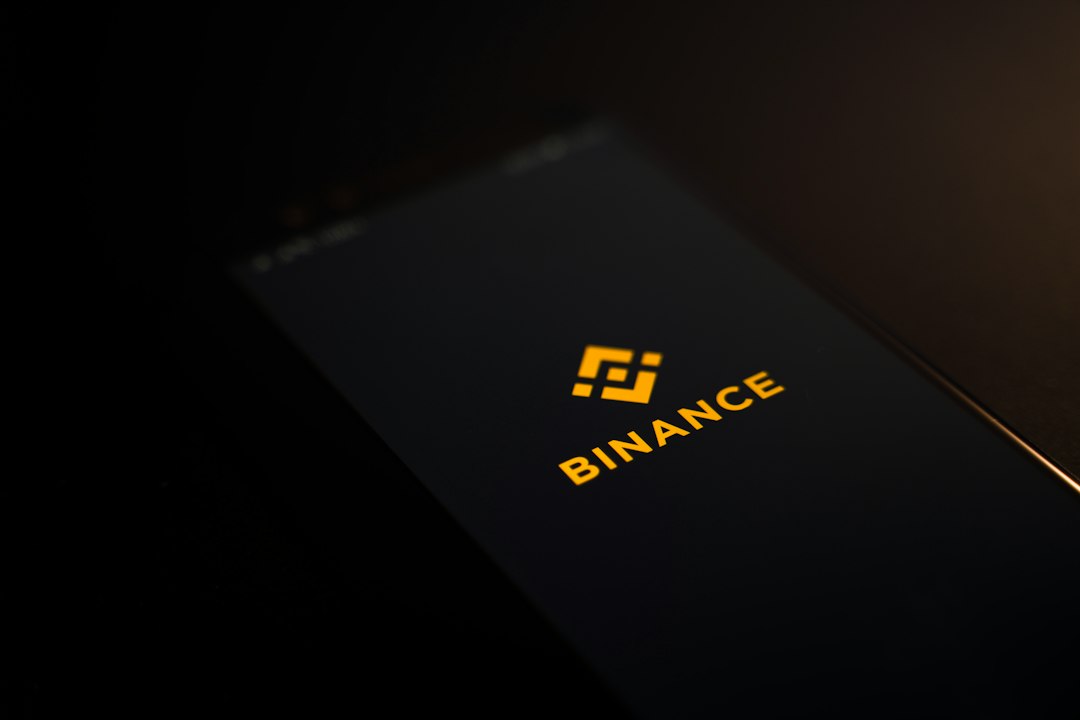Tokenization: The Securitization Revolution
Jenny Johnson, CEO of Franklin Templeton, believes that securitization, a practice with a long history, is undergoing a significant transformation. Speaking at CNBC’s Delivering Alpha event, Johnson discussed the concept of tokenization, which involves converting asset ownership rights into digital tokens on a blockchain. She described tokenization as “securitization done on steroids,” emphasizing its ability to exceed expectations.
The Future of Alternative Investment Vehicles
Johnson’s remarks were part of an analysis of the future of alternative investment vehicles. She highlighted that the availability of capital and disruptive technologies like blockchain have attracted more companies and CEOs to invest in forward-thinking initiatives. Johnson emphasized three key advantages of tokenization: it enables payment mechanisms, allows for smart contracts to be programmed into tokens, and provides a source of truth through the blockchain ledger.
Rihanna’s NFTs and Tokenized Athlete Contracts
To illustrate her point, Johnson used Rihanna as an example. The singer released a popular song as a nonfungible token (NFT), allowing holders to earn partial royalties on streaming. Johnson explained how Spotify can automatically execute smart contracts and distribute royalties without intermediaries. She also discussed how athletes can benefit from tokenization by selling tokens representing a percentage of their future revenue stream to fans.
The Power of Tokenization
Tokenization has the potential to revolutionize securitization by leveraging blockchain technology. It offers enhanced functionality such as automated payments, programmable contracts, and transparent ownership rights. This transformative process allows for greater efficiency, accessibility, and financial inclusivity in various industries.
Hot Take: Tokenization Unleashes New Possibilities
Tokenization represents the future of securitization, offering unprecedented opportunities for businesses and individuals alike. By converting traditional assets into digital tokens, blockchain technology facilitates secure transactions, eliminates intermediaries, and enables the automation of complex processes. This revolutionary approach has the potential to reshape industries, from finance and art to sports and entertainment. As tokenization continues to gain traction, we can expect a paradigm shift in how assets are owned, traded, and monetized. The possibilities are limitless.





 By
By

 By
By
 By
By

 By
By